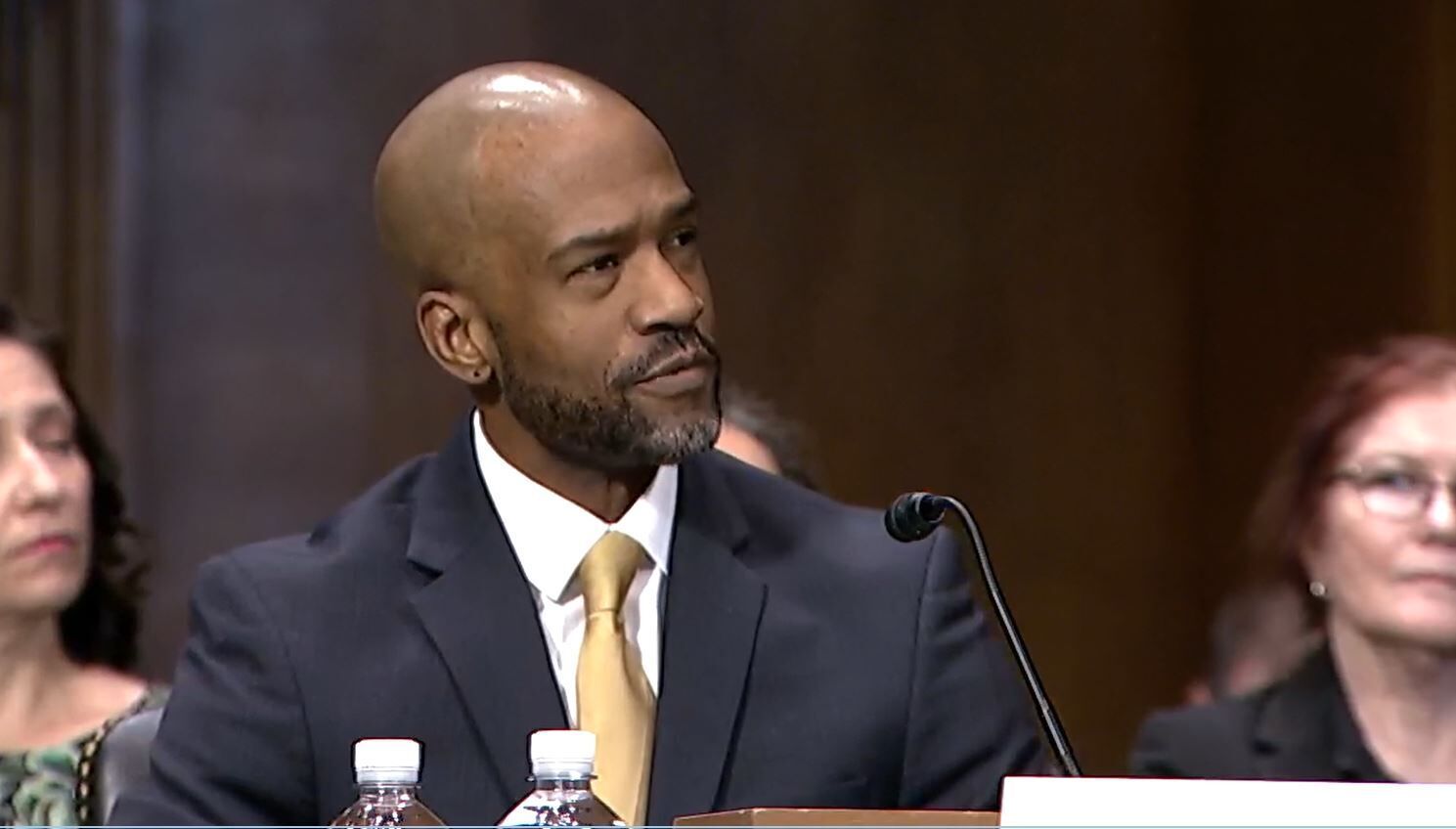Judge dismisses constitutional claim against detective despite ‘eyebrow-raising’ investigation into motel

A federal judge on Friday dismissed a Greenwood Village motel operator’s constitutional rights claim against a detective who allegedly singled out the establishment for a criminal investigation based on its willingness to house people with disabilities long-term.
Zarrin Hospitality Group, Inc. is the operator of a Motel 6 at 9201 E. Arapahoe Road. Its owner is Farhang Bharucha. Both ZHG and Bharucha’s wife, Neza Bharucha, sued multiple Greenwood Village officials last year. They alleged the city persistently targeted the Motel 6 for surveillance and investigation because it chose to enter into agreements with metro-area aid groups to temporarily house people with mental disabilities or addiction issues.
In 2014, the Greenwood Village council enacted an ordinance generally limiting hotel and motel stays to 29 days in a 60-day window. There was an exception, however, when an operator contracted with an outside organization to house “families in crisis.”
Bharucha and ZHG alleged Greenwood Village police began surveilling the Motel 6 and entering the premises without search warrants. In 2019, Bharucha contracted with the Colorado Coalition for the Homeless to house a limited number of families in crisis long-term. ZHG formed another partnership in 2020 with a different housing assistance group, and a third in 2021.
Allegedly, the city attorney authored an April 2021 letter stating the families-in-crisis provision of the ordinance was meant for “families who are displaced due to an emergency (usually a natural emergency)” and not those suffering mental health or addiction issues.
“There is no non-discriminatory distinction between a family that is displaced due to a ‘natural emergency’ and a person who is displaced in whole or in part due to mental illness or addiction-related disabilities. The only distinction,” wrote the plaintiffs’ attorneys, “is discrimination based on disabilities.”
At some point, Det. Tom Fanta participated in a criminal investigation into Bharucha and the motel, with the long-term stays allegedly amounting to a zoning violation. The lawsuit alleged the prosecution was ultimately dismissed, but it was “clearly an effort to weaponize the ordinance” against Bharucha for supporting people with disabilities.
The plaintiffs brought claims against Greenwood Village and multiple officials under the Americans with Disabilities Act, Colorado Anti-Discrimination Act and the 14th Amendment’s equal protection clause.

Last October, Fanta moved to dismiss the single constitutional claim against him. He invoked qualified immunity, the judicially created doctrine generally blocking lawsuits against government employees unless they violate a person’s clear legal rights, as established by prior court decisions.
“Case law in this jurisdiction would not have provided fair warning to Detective Fanta that his actions involved with enforcing a municipal code violation associated with housing, involving a motel’s manager (who is not disabled), would violate her rights or the rights of the other Plaintiff,” wrote attorney Peter T. Doherty.
The plaintiffs countered that Fanta “had no legitimate reason to haul Ms. Bharucha into criminal court under a civil land use ordinance except to intimidate her and ZHG into ceasing their association with unhoused people with disabilities.”
In an Aug. 22 order, U.S. District Court Judge S. Kato Crews sided with Fanta.
“Plaintiffs have failed to show the right claimed here was clearly established,” he wrote. “And while Det. Fanta’s criminal investigation based on a civil zoning ordinance is eyebrow-raising, the Court does not find his conduct so obviously egregious to place the constitutionality of his conduct beyond debate.”
Crews elaborated that the only similar court decision was a 1985 U.S. Supreme Court ruling involving “irrational prejudice” against those with cognitive disabilities. Crews noted that scenario involved a city council decision, not an allegedly discriminatory law enforcement investigation. Further, the case involved only those with cognitive disabilities, and not disabled people more broadly.
Because of those differences, even if Fanta violated the plaintiffs’ rights through a discriminatory investigation, “those rights were not clearly established at the time of Det. Fanta’s conduct,” Crews concluded.
The case is Bharucha v. City of Greenwood Village et al.













